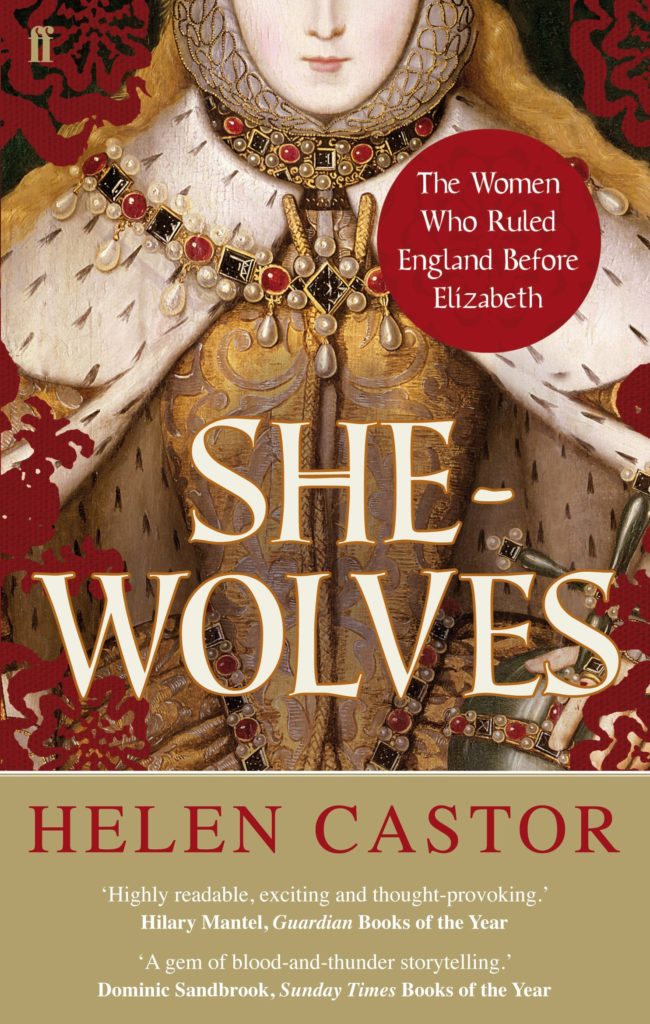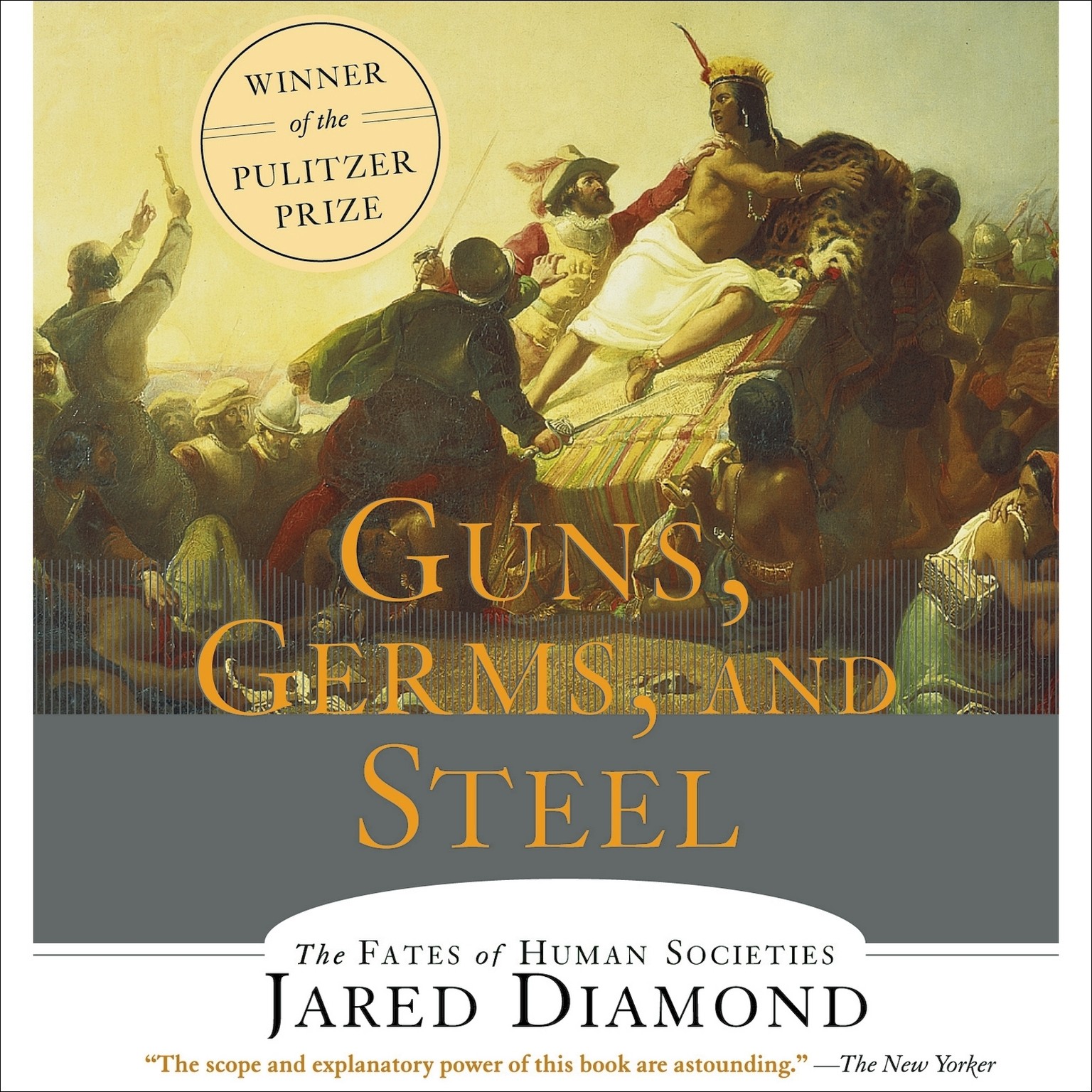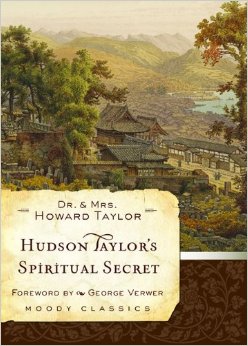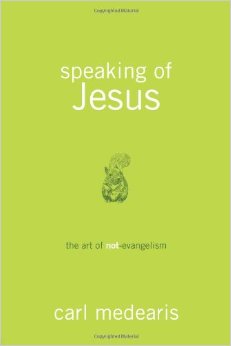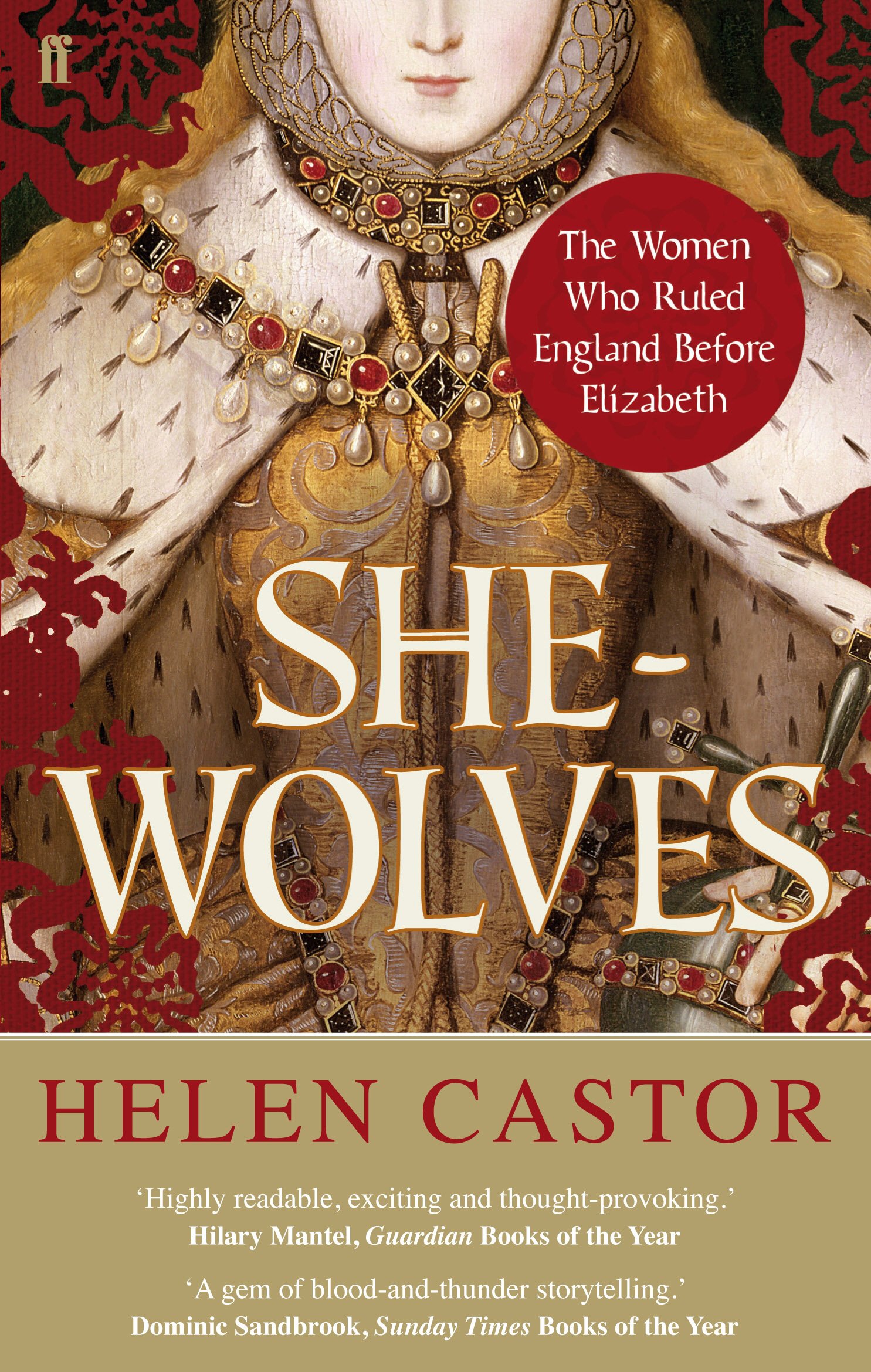
Castor tells the riveting stories of Eleanor of Aquitaine, Isabella of France, Margaret of Anjou, and Empress Matilda in such vivid detail that at times it became nearly impossible for me to put the book down.
It is not a woman’s place to rule.
“Authority was instituted by God and was implicitly and inherently designed for the male gender. A woman could not sit as a judge, nor could she lead an army. Physically, women were equipped for the differently hazardous work of childbearing, rather than wielding heavy steel on the battlefield…they were designed by a divine creator as lesser than men. At their best, these softer, frailer beings might complement the sterner masculine virtues of their lords and masters with the feminine ones of mercy, mildness, and maternal nurture. At worst, they might lead men astray with their inconstancy, their irrationality, and their capacity — as whore rather than madonna — for sexual sin. Either way, it was in obedience, modesty, and assistance that a woman’s place lay within the order of God’s creation. And, as such, a woman was no more capable of leadership in peace than in war. (26-27)”
This was the settled belief of basically everyone in Europe during the middle ages. How then did these women manage to ascend to power? Their success and Castor’s ability to tell a story is what makes this book so compelling.
Women get the last laugh. Scottish protestant John Knox wrote a tract against women leaders in 1553. It was entitled “First Blast of the Trumpet Against the Monstrous Regiment of Women.” In this polemic. Knox referred to the rule of any woman over a man as “Monstrous and abominable” Knox ran to the Scripture to point out that Eve was subordinate to Adam, and he deduced that any change in that arrangement was an insult to God’s design.
“Any exercise of power by a woman is a manifestation of the female propensity for sin…it is to be a Jezebel.”
Since Jezebel type women bring about God wrath, any ruling woman, for everyone’s safety, had to go. But the problem wasn’t just women, it was Catholic Women, at that moment in history 4 Catholic queens had ascended to power in Europe. Knox, an exiled Protestant, couldn’t stomach this. The Biblical “Jezebel” narrative fit perfectly. The ancient queen was an idolator, who poisoned the land with false worship, the Catholicism these women promoted, did the same thing. Knox’s theological guns blazed. But then Elizabeth came to the throne, and she was a Protestant. Knox wanted to go home to his beloved Scotland, but Elizabeth had read everything Knox had to say about women rulers. Protestant or no, she was none too impressed. He attempted to explain himself to the irked queen by saying that even though he disagreed with nothing that he wrote, and even though she was a weak instrument, he would concede to promote her as a Deborah type character instead of a Jezebel type character given her Protestantism. Knox’s attempt to smooth things over with the queen and secure his passage home failed. Knox remained in Geneva.
How important is a man to a woman? It all depends — In the case of Mary, the English wanted her to Mary an English man, so that the “weaker sex” could be helped in her rule. Mary didn’t want to marry one of her subordinates, so she chose to marry Phillip, a royal equal from the country of Spain. All of a sudden, the English parliament did a complete reversal. Instead of stressing the need for Mary to have a man who could adequately inform her decisions, they began to proclaim that Mary was the “Sole Queen” of England and that Philip should have no influence on her whatsoever. One minute it’s “she needs a man in her life,” and the next after she marries a foreigner, it’s “she doesn’t need any man, she is just fine on her own.”
Fake News In the lead up to the Matilda story, we find Henry. A clever chap who managed to use someone else’s tragedy to take over the throne of England. The chroniclers of his day, probably for reasons of self-preservation, wanted to communicate the moral virtue of this upstart king. Castor gives us the details
“William was not, in fact, Henry’s only son, since well-sown wild oats meant that the king had a growing family of illegitimate children, more than twenty in all, scattered around his English and French domains. “All his life he was completely free from fleshly lusts,” the chronicler William of Malmesbury wrote with an impressively straight face, “Indulging in the embraces of the female sex, as I have heard from those who know, from love of begetting children and not to gratify his passions…” (45)
If you marry a loser, make the most of it. Isabella was married to a gay man named Edward. This king cared only for hanging out with the boys, hunting, and never growing up, his procrastination and single focus first on Gaveston, and then, later on, Hugh Dispenser all but destroyed England. Isabella found a willing partner, and scandalously a lover and managed to over-throw her dead beat, unfaithful husband. — It’s a movie worth making if it hasn’t been already.
Margaret married an empty-headed simpleton named Henry, who had no ability to lead or make decisions. Her life long battle was to hang on to power for her witless husband. She would try to rule in his stead without losing the crown to better, more ambitious men. It, of course, didn’t help that she was French, but her durability was remarkable.
If men hadn’t been so incompetent, these women would have never got their moment in the limelight of history.
Can’t win for losing. After an incredibly difficult and protracted struggle for power. Matilda triumphed over Stephen. She was a strong and powerful woman with many skills needed to lead well. But her chroniclers didn’t see these attributes positively.
“She was lifted up into an insufferable arrogance” “She was mightily puffed up and exalted in spirit” “All chroniclers agree that in her hour of victory, she displayed an intolerable pride and wilfulness.”
Why such rough commentary on Matilda? Castor has the answer.
Women were soft and weak, hence unfit to rule, but a woman who showed herself to be strong was not equivalent to a man, but a monster a crime against nature” (454)
The characteristics naturally praised in a man are things like confidence, assertiveness, and strength, but even to this day, these same characteristics are often vilified in women. It was Fiona Hill at the impeachment hearings last week, after recounting justified anger at some of her colleagues who said,
“I hate to say it, but often when women show anger, it’s not fully appreciated. It’s often, you know, pushed onto emotional issues perhaps, or deflected onto other people.”
Fiona Hill of 2019 and Matilda of the 1100s are still in the same boat. Are there behaviours and characteristics that are manly and behaviours and characteristics that are womanly? Is this something that’s just been culturally made up but now needs to be unmade? That’s a topic for a different book. Whatever conclusion one draws for gender norms, I hope it’s easy to see that their remains a great need for mutual respect between the genders.
Marrying someone older, marrying someone younger: At eight, Matilda was betrothed, she had to wait until she was the ripe old age of twelve before she could marry her 28-year-old husband. By all accounts, it was a very good marriage. Fast forward 15 years, Matilda at age 27 is now forced by her father into a political marriage to a 15-year-old. Her first husband, Heinrich, had died, and she was available to shore up alliances in France. Duty prevailed and she married the 15-year-old immature boy, to whom she was supposed to listen and obey. She had been ruling by Heinrich’s side for 15 years. The marriage was a disaster.
